Vegetables are often hailed as a cornerstone of a healthy diet, but not all vegetables affect weight in the same way.
The research and background

A comprehensive study conducted by the Harvard T.H. Chan School of Public Health and Brigham and Women’s Hospital in Boston followed 133,468 participants over 24 years to examine the relationship between vegetable consumption and weight changes. The findings revealed that while some vegetables promote weight loss, others with high starch content contribute to weight gain. Understanding these differences can help you make informed choices about your diet.
Vegetables That Promote Weight Loss

If you wish to lose weight these vegetables are an excellent choice.
Tofu/Soy
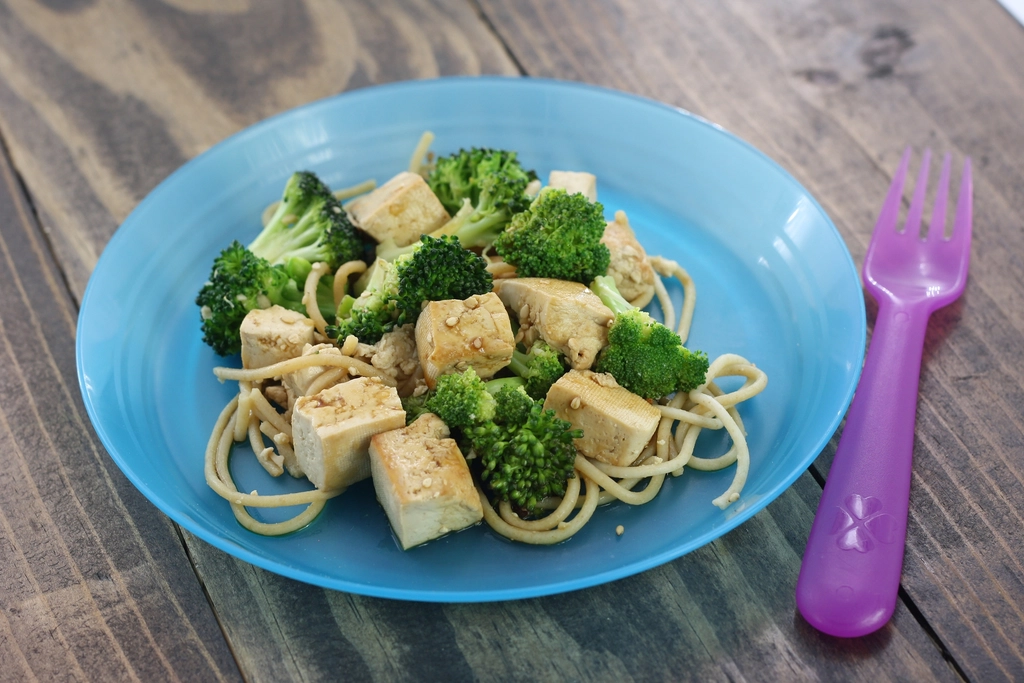
Tofu and soy products topped the list of weight-loss-friendly vegetables. Consuming an additional portion of tofu or soy was associated with an average weight loss of 1,120 grams over four years.
Rich in protein and low in calories, tofu is a versatile ingredient that can be incorporated into a variety of dishes, making it an excellent choice for those seeking to shed pounds.
Cauliflower
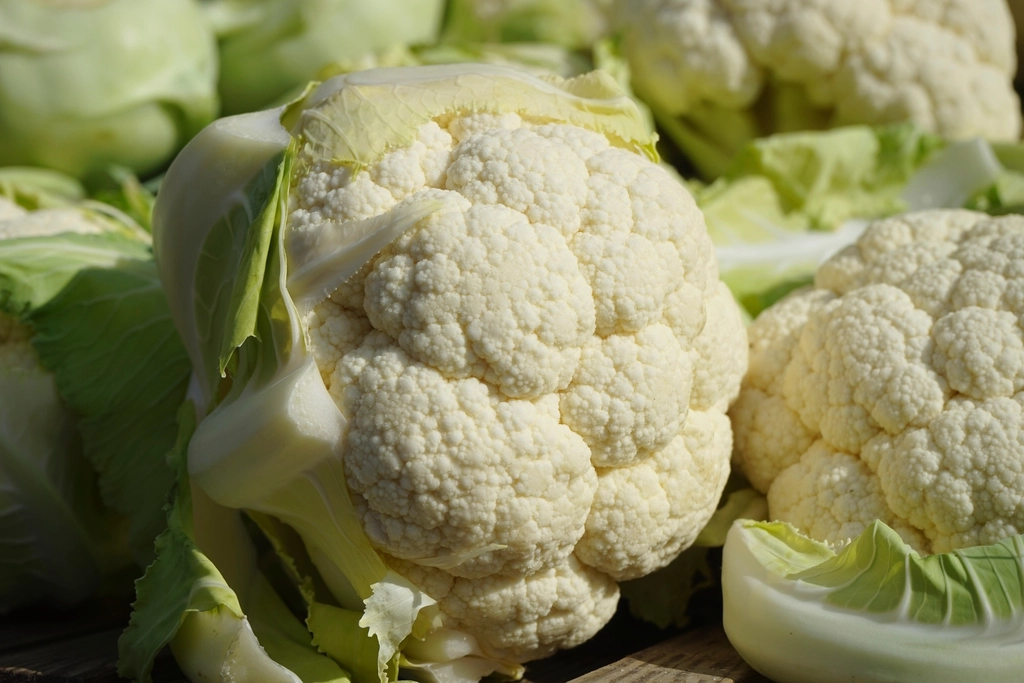
Cauliflower proved to be highly effective for weight loss, with participants losing an average of 630 grams per additional portion.
This nutrient-dense vegetable is low in calories but high in fiber, which helps to promote satiety and reduce overall calorie intake.
Green Beans

Green beans contributed to an average weight loss of 430 grams for every extra portion consumed.
Packed with vitamins and minerals, green beans are a simple and nutritious addition to any meal, providing both flavor and health benefits.
Bell Peppers

Bell peppers were linked to an average weight loss of 345 grams per extra portion.
Their high vitamin C content and low-calorie profile make bell peppers an excellent choice for snacking or cooking, supporting a balanced diet and weight management.
Broccoli
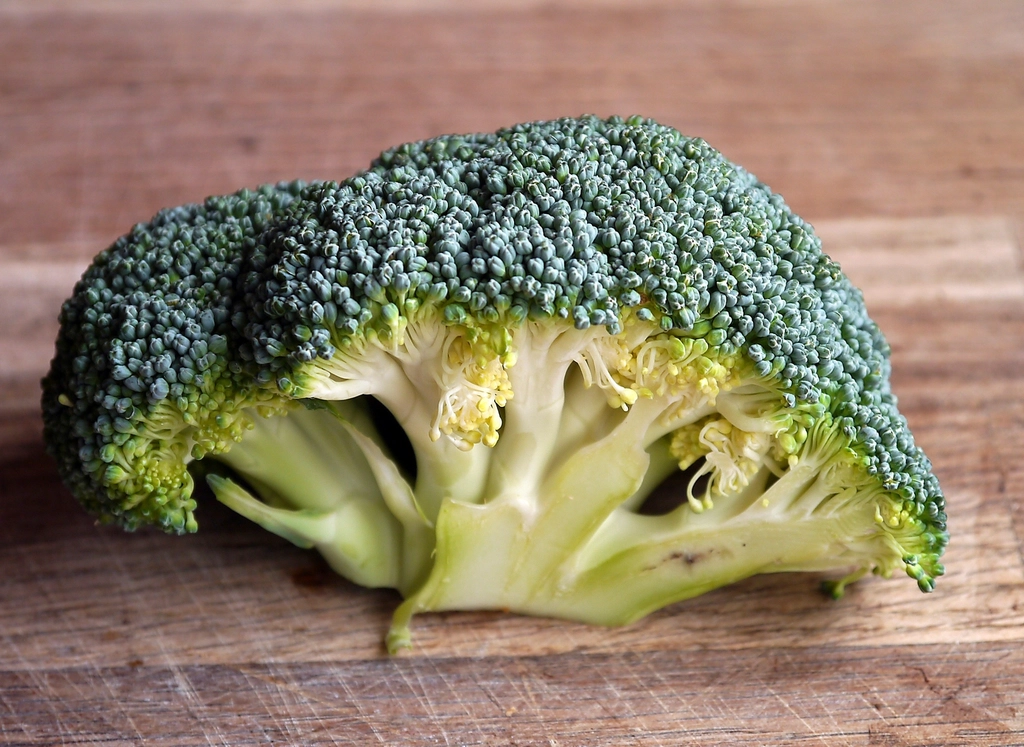
Participants who added more broccoli to their diets experienced an average weight loss of 340 grams per additional portion.
Known for its anti-inflammatory and antioxidant properties, broccoli is a powerhouse vegetable that supports overall health while aiding weight loss.
Brussels Sprouts
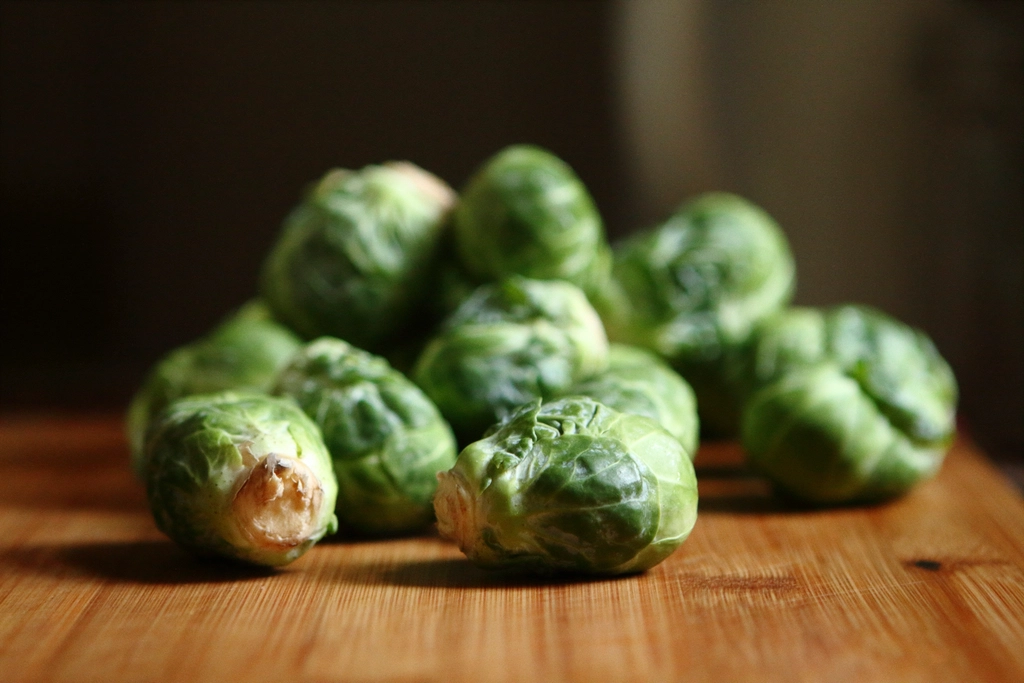
Brussels sprouts were associated with an average weight loss of 300 grams per extra portion.
These small but mighty vegetables are high in fiber and low in calories, making them a great choice for those looking to improve their diet and shed weight.
Leafy Greens
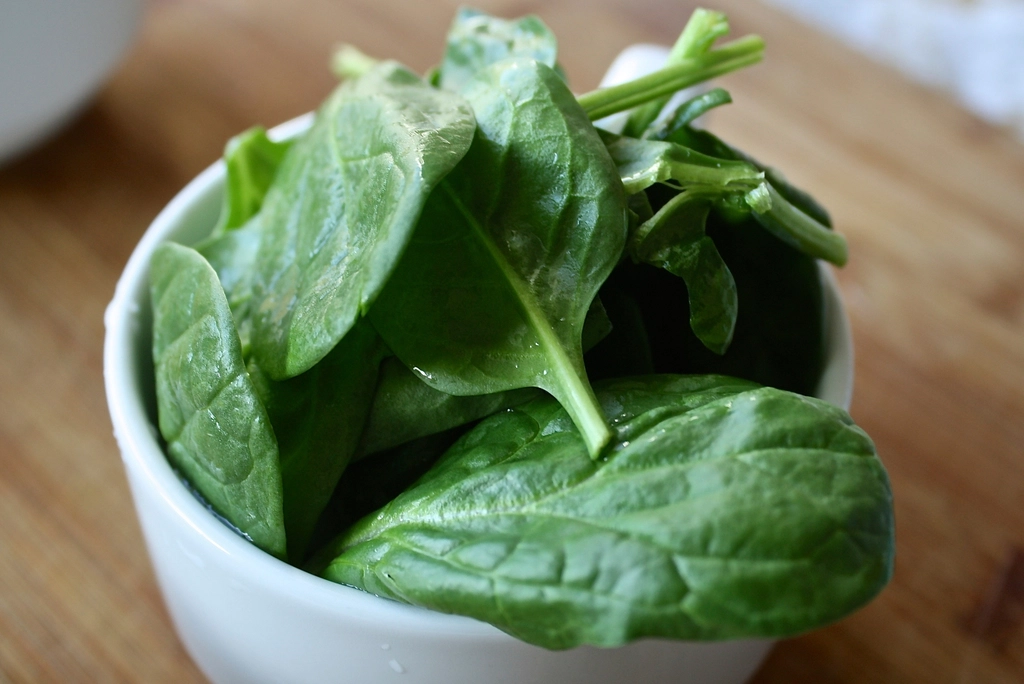
Leafy greens such as spinach and lettuce contributed to an average weight loss of 250 grams per additional portion.
These vegetables are nutrient-rich and provide essential vitamins and minerals while being extremely low in calories, making them ideal for weight-conscious individuals.
Carrots

Carrots led to an average weight loss of 185 grams per extra portion consumed.
Their natural sweetness and crunch make them a satisfying snack, while their fiber content helps control hunger.
Beans

Beans, rich in fiber and protein, were associated with an average weight loss of 170 grams per extra portion.
These legumes are highly satiating and can be a valuable part of a weight-loss-focused diet.
Celery
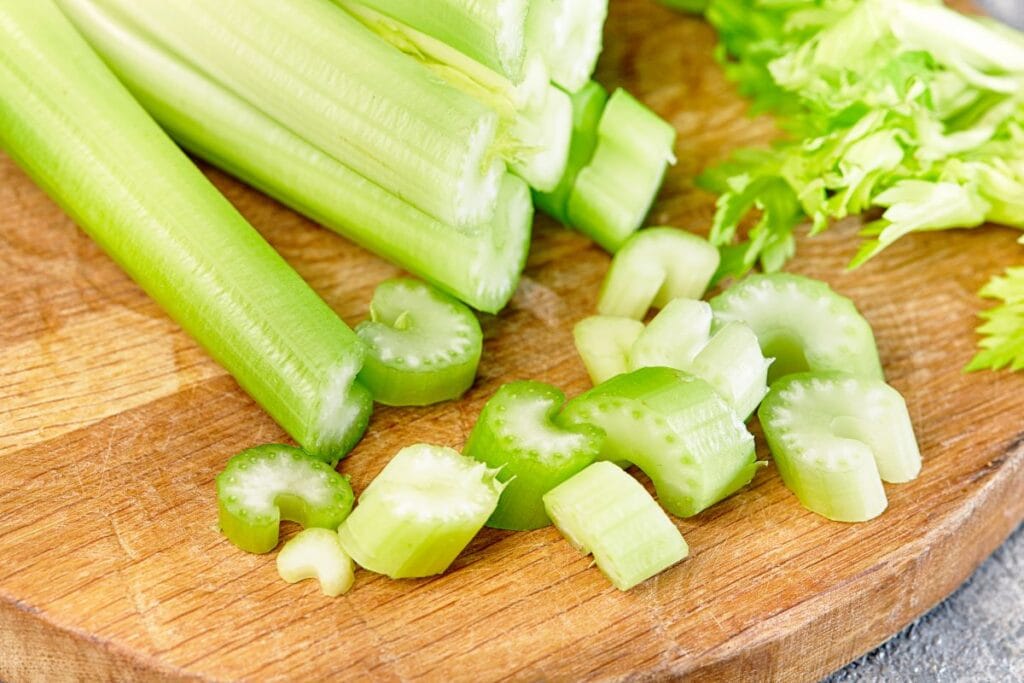
Celery resulted in an average weight loss of 160 grams per additional portion.
Low in calories and high in water content, celery is a classic choice for those looking to lose weight while staying hydrated.
Tomatoes

Tomatoes contributed to a modest average weight loss of 50 grams per additional portion.
While the weight loss impact is smaller, tomatoes are still a nutritious and hydrating addition to meals, supporting overall health.
Vegetables That Contribute to Weight Gain

If you’re looking at a weight loss, these vegetables shouldn’t be consumed too much as they have a high calorie intake.
Corn

Corn, with its high starch content, led to an average weight gain of 930 grams per additional portion consumed.
Although corn is a good source of energy and nutrients, its high glycemic index can cause blood sugar spikes, making it less ideal for weight loss.
Peas

Peas were linked to an average weight gain of 560 grams per extra portion.
Despite being rich in protein, peas’ starchy nature can contribute to increased calorie intake if not consumed in moderation.
Potatoes
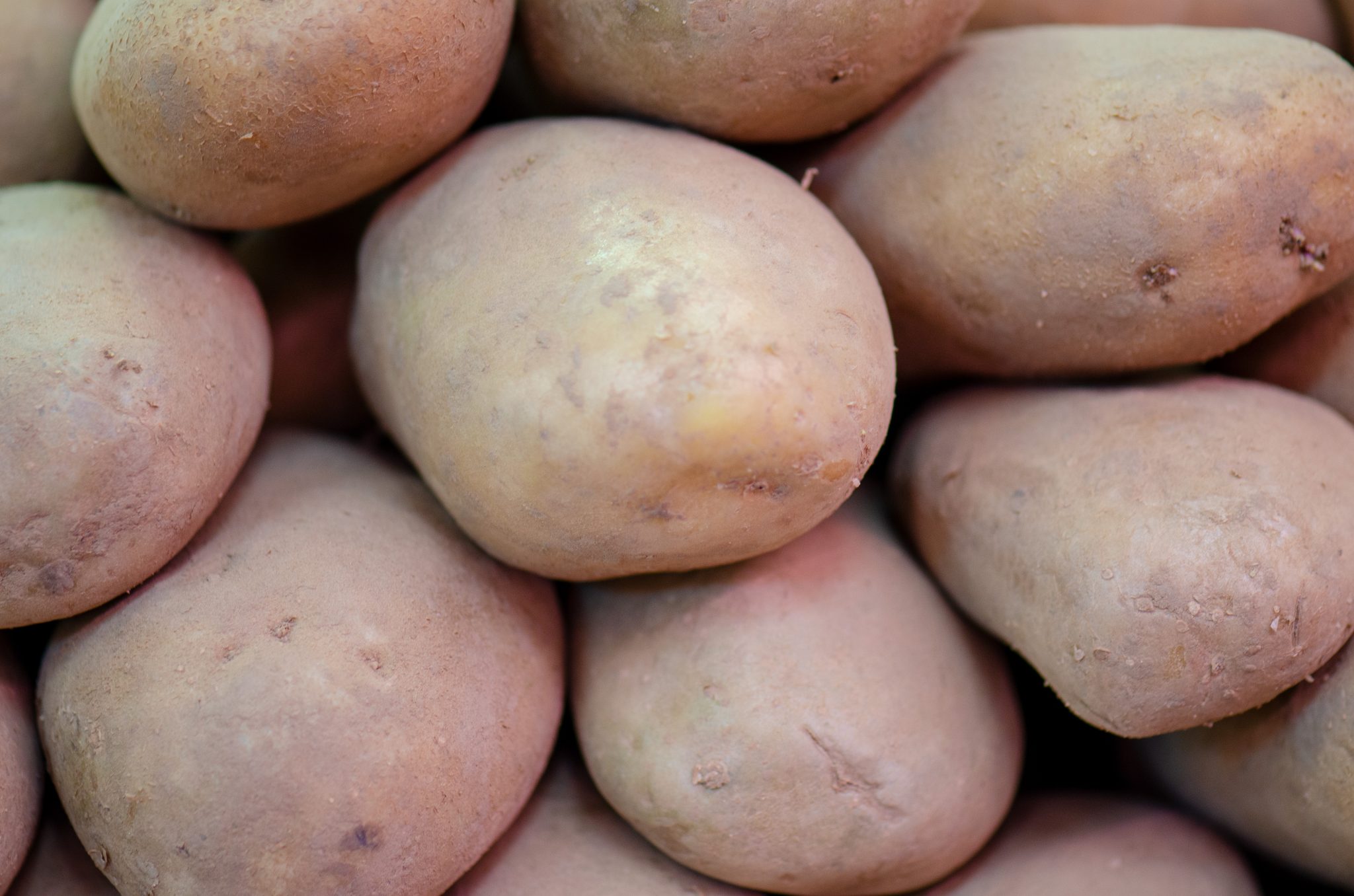
Potatoes resulted in an average weight gain of 320 grams per additional portion.
Fried or heavily processed potato dishes are particularly caloric, highlighting the importance of preparation methods when including potatoes in your diet.
Cabbage
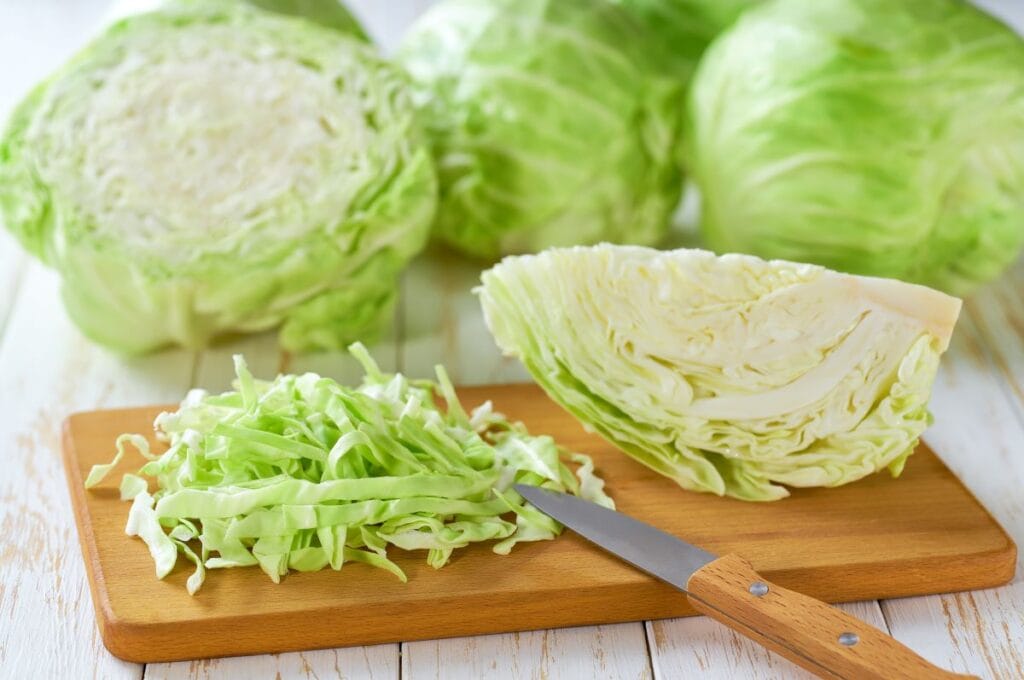
Cabbage led to an average weight gain of 180 grams per extra portion consumed.
While generally low in calories, certain preparation methods, such as creamy coleslaws, can add extra calories and contribute to weight gain.
Onions
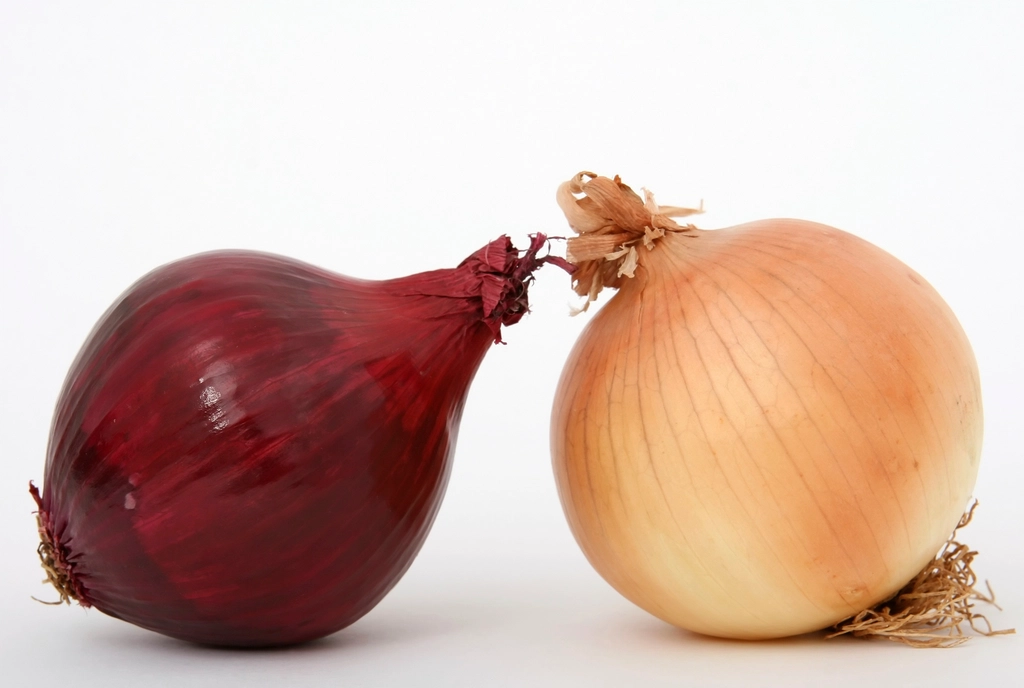
Onions were associated with a modest weight gain of 120 grams per additional portion.
When used in moderation, onions can be part of a healthy diet, but calorie-dense recipes that include onions can offset their nutritional benefits.
Conclusion
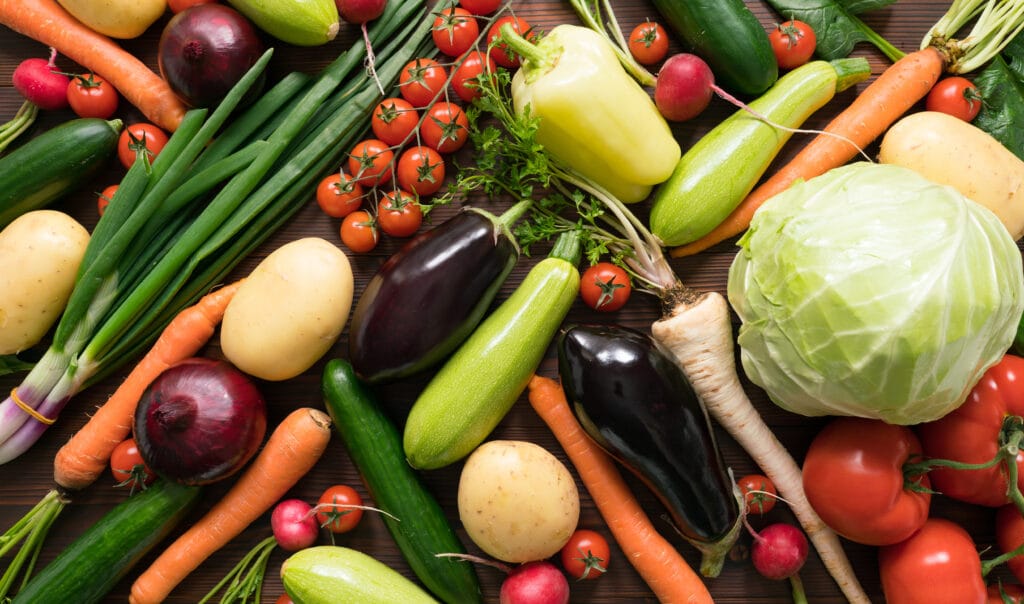
Although all vegetables offer valuable nutrients, their effects on weight vary significantly. Green, fiber-rich vegetables are the best choices for weight loss, while starchy vegetables like corn and potatoes should be limited if weight management is the goal. By making conscious vegetable choices, you can enhance your health and achieve your weight-loss objectives.
